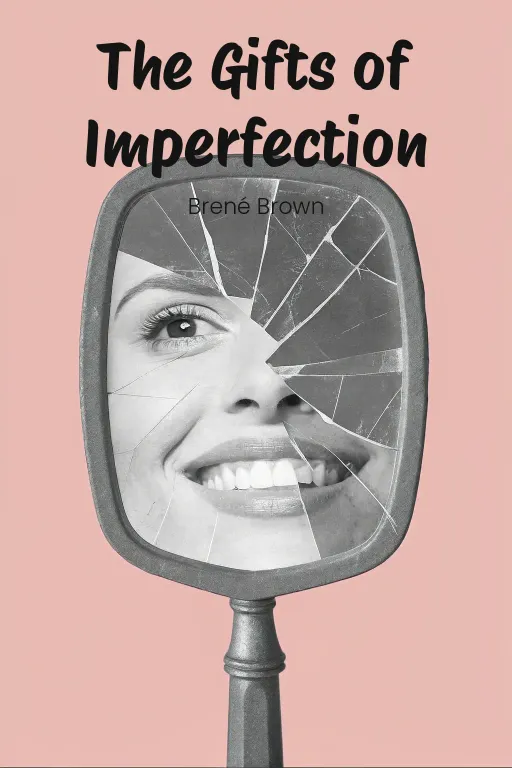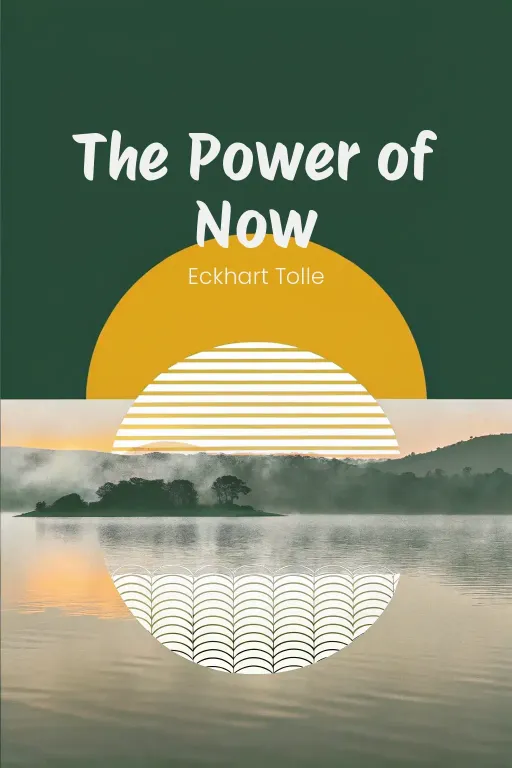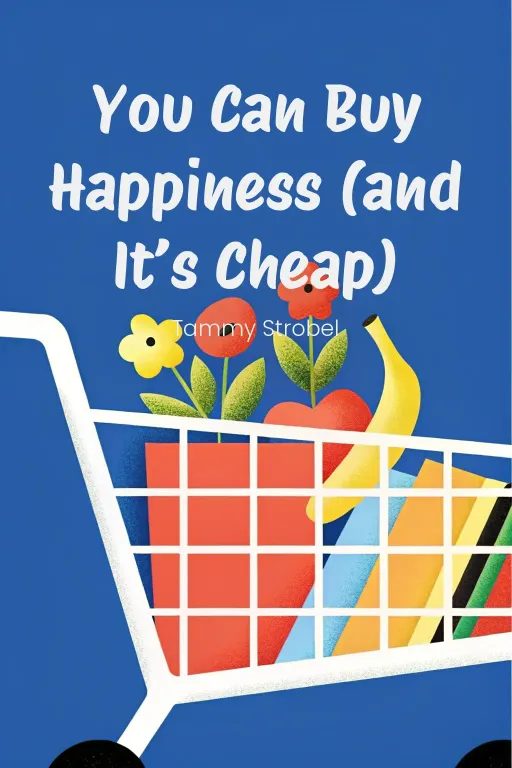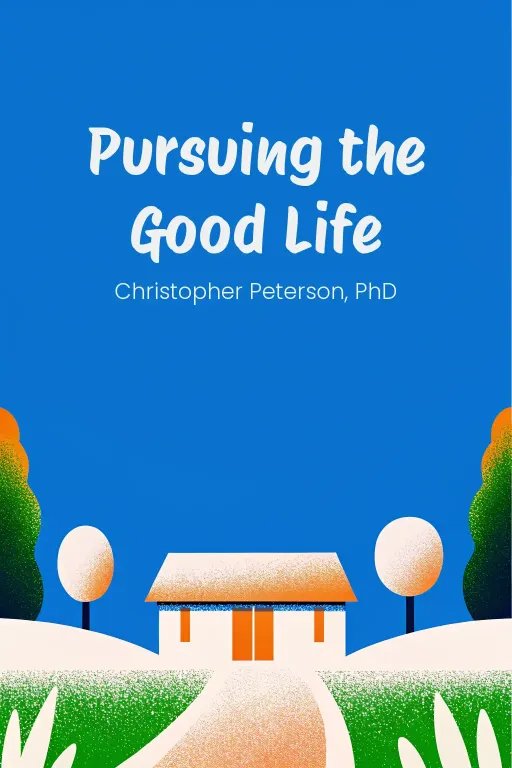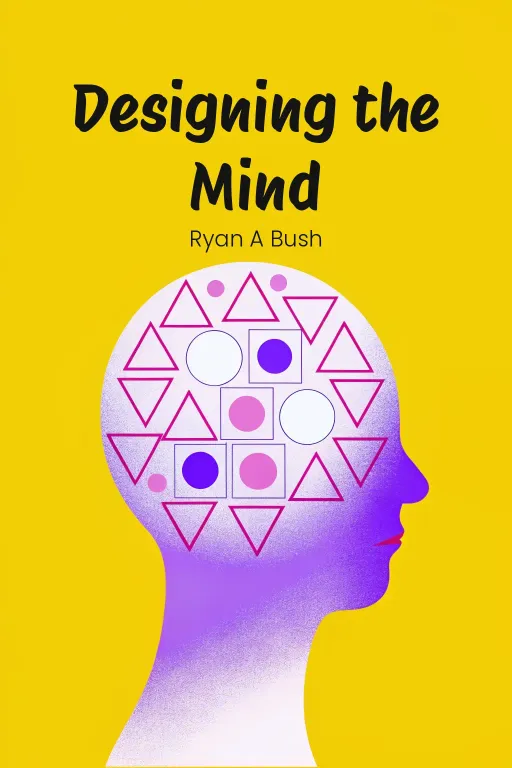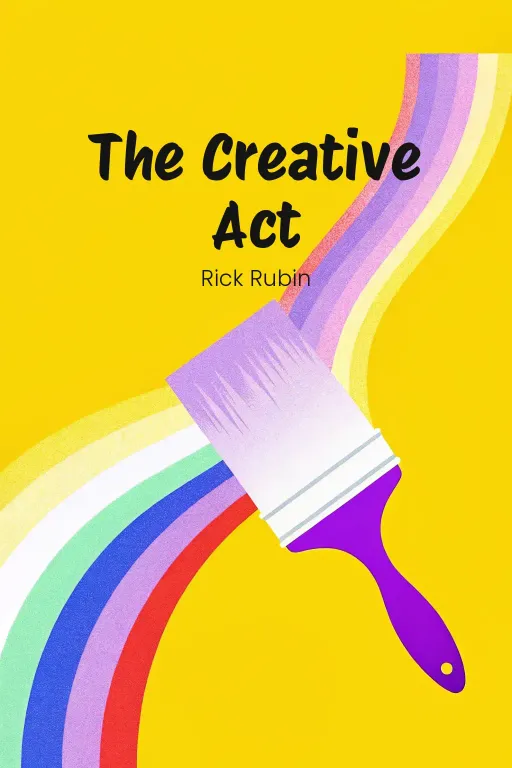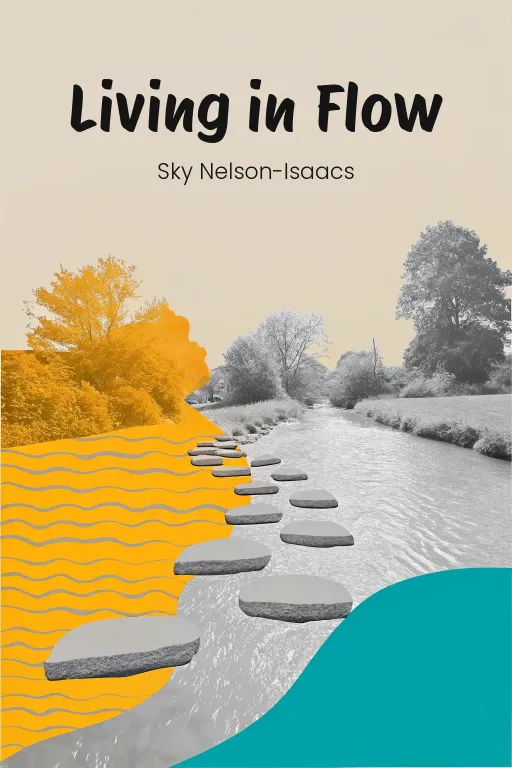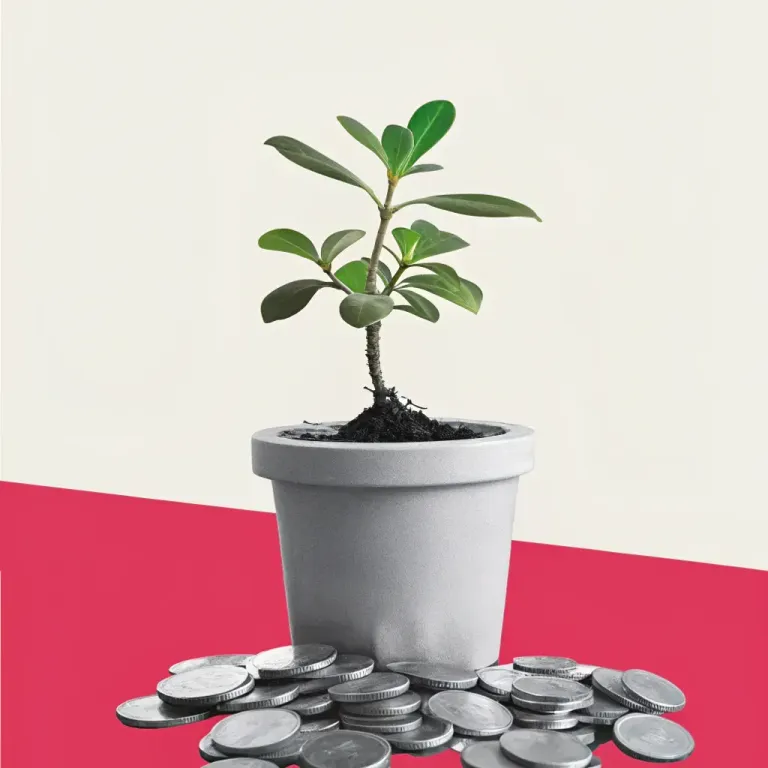
Ditch Stuff, Find Joy: Real Paths to Happiness
Podcast by Beta You with Alex and Michelle
How One Woman Radically Simplified Her Life and How You Can Too
Ditch Stuff, Find Joy: Real Paths to Happiness
Part 1
Alex: Hey everyone, welcome back! Today we're tackling a question I think we all grapple with: Can money actually buy happiness? And if it can, are we completely missing the point? Michelle: Wait, are you telling me that all those impulse buys weren't a shortcut to enlightenment? I'm shocked, Alex, shocked! Alex: Exactly! Think about Tammy Strobel's book, You Can Buy Happiness (and It’s Cheap). It’s basically a guide to ditching the consumer hamster wheel and finding a richer life with less stuff. She went minimal, and guess what? She discovered more joy, more freedom, and deeper connections. Michelle: A tiny house, huh? So, the secret to happiness is living in a space smaller than my walk-in closet? Seems… cozy. Alex: It's more than just square footage, Michelle. Strobel shares her own journey, backs it up with solid research, and gives us actionable steps. She shows how decluttering your possessions can seriously boost your life’s quality—financially, emotionally, and even socially. Michelle: Okay, you've got my attention. So, what's the game plan for this deep dive? Alex: Good question! We're hitting three main points. First, we'll dismantle the myth that buying things equals happiness. Big surprise: it doesn't! Then, we'll unlock the freedom that comes from living simply and intentionally—getting rid of the baggage that's holding us back. And finally, we'll look at how Strobel's core message is all about the joy of relationships and experiences—the things that truly matter and that money just can't buy. Michelle: Sounds like a masterclass in mindful living and a garage sale all rolled into one. Alright, Alex, let's unpack this.
The Illusion of Material Happiness
Part 2
Alex: Okay, let's dive in. Strobel starts with something really fundamental: the illusion of material happiness. She challenges this idea we kind of unconsciously buy into – that owning more stuff equals more joy. You know, it's so ingrained, we often don't even realize it until we're drowning in debt. Michelle: So, hold on. Are you telling me those late-night commercials promising instant bliss via a glow-in-the-dark pancake maker are…dishonest? Man, could've used this insight years ago. But seriously, Alex, why do we even fall for this stuff? What’s the hook? Alex: Well, the book argues it's largely societal conditioning. Think about it, the media constantly tells us that our worth, our happiness, is linked to what we “own”. The perfect house, the car, the ring. Strobel gives a personal example: her engagement ring. At first, it was a symbol, right? Love, commitment. But then it became baggage, a reminder of financial stress. Michelle: Right, it's like buying that designer handbag you think will transform your life. Then it ends up in the closet, and you're still you, just with an emptier bank account. Alex: Exactly! Strobel stresses that the happiness we get from things is fleeting, temporary. It's "hedonic adaptation," psychologists call it. We get used to the new thing, the buzz fades, and we’re chasing the next purchase for that same high. It becomes an endless cycle. Michelle: So, the thrill of unboxing the latest gadget vanishes in, say, a week? A month, tops? No wonder everyone is chasing that dopamine hit. This sounds like consumerism is the legal version of addiction. Alex: You're not wrong. Strobel basically says that consumer culture thrives on this cycle of dissatisfaction. It convinces us that just one more purchase will fill that void. News flash: it doesn’t. Michelle: Which leads to the numbers. According to her, back in 2011, the average American household had over $8,000 in credit card debt! And that’s just credit cards, excluding student loans and mortgages! So, we're unfulfilled, and we're paying a fortune for the privilege. Alex: Absolutely. And she really paints a picture of the emotional side of that. Strobel remembers dreading opening those monthly credit card statements, knowing the things that were supposed to bring her joy had trapped her in financial stress. It’s the ultimate irony, materialism promises freedom, but delivers the opposite. Michelle: It's like joining a gym you never go to. You think you’re investing in a happier future, but really you’re just funding your guilt. Alex: Spot on, Michelle. And Strobel's not alone in observing this. Study after study links debt to things like anxiety and depression. It's a vicious cycle: people feel bad, so they shop to feel better, but the debt just makes them feel worse. Michelle: So, retail therapy is actually making things worse, huh? I mean, even Jenna, who Strobel writes about, had a childhood full of stuff, right? But all that "stuff" couldn’t replace what she was really needing – like real, human connection. Alex: Exactly. Jenna grew up surrounded by wealth, but her parents were emotionally distant. Strobel highlights that money can’t replace love, attention, or genuine connection. And then she talks about her own mom, who found more joy at summer camps – where the focus was on relationships – than she ever found in material items. Michelle: So, it's not the shiny toys or the fancy cars, but…campfire songs and heartfelt connections? I get the logic. It’s hard to feel nostalgic about a smart fridge. Alex: She’s arguing it’s not about what we own, it’s about how we live and who we share our lives with. And it's not just an emotional argument. She cites studies showing that communities prioritizing shared experiences and simple living often rank higher in well-being. Michelle: Okay, so if happiness isn’t in a shopping bag, what’s the alternative? How do we actually break out of this cycle of buy, feel guilty, repeat? What's the off-ramp here?
The Power of Minimalism and Simplicity
Part 3
Alex: Understanding the traps of materialism naturally pushes us to look for other ways to be happy. That's where minimalism and simplicity come in. Strobel argues that by rethinking our relationship with “stuff,” we can feel emotionally free and focus on what’s really important in our lives. It’s not just about owning less, but about living with intention. So, let’s dive into some practical ways Strobel suggests we can actually make these changes. Michelle: Intentionality, huh? Alright, Alex, let's talk specifics. I'm curious how minimalism works in the real world, beyond just cleaning out your closet. Alex: Well, Strobel introduces decluttering as a way to achieve emotional and mental freedom. She believes that many of the things we own are linked to societal expectations or fleeting pleasures, not our actual happiness. Like, sentimental items or impulse buys often make us feel guilty or clutter our minds, instead of adding real value to our lives. Michelle: Right, but where do you draw the line between "sentimental" and just plain junk? I mean, I have a box of old ticket stubs from concerts. Nostalgia or clutter? Alex: That's a great question, and Strobel addresses it with small, manageable steps. She calls it a "micro-action approach." Instead of being overwhelmed by decluttering your entire home, you start small. Set a timer for 15 minutes and declutter one drawer or shelf. It's not about throwing everything away immediately, but about asking yourself why you're keeping something. Is it truly valuable, or are you just holding onto it because it's there? Michelle: So, I keep my cherished concert stubs, but ditch the old takeout menus and random chargers I can't even identify anymore? That sounds reasonable. Alex: Exactly. She emphasizes clarity over chaos. One tool she mentions is the "20/20 Rule." If you're unsure about keeping something, ask yourself: Can I replace it for less than $20, and can I replace it in less than 20 minutes? If the answer is yes to both, you probably don't need it. Michelle: Oh, that's clever! I bet people keep useless stuff because they imagine they might need it someday. Like, "What if I need a vegetable spiralizer?" But if you can easily buy one, why keep it? That actually flips the script. Alex: It’s surprisingly freeing when you look at things that way. Strobel also recommends Project 333. You limit your wardrobe to just 33 items of clothing for three months. Michelle: Thirty-three items? For three months? Alex, that's barely my gym clothes rotation. What's the point? Alex: The challenge forces you to be mindful about what you wear. You choose items you genuinely love and wear often, creating a wardrobe based on quality, not quantity. The aim isn't just physical decluttering, but to break free from the decision fatigue we feel when staring at a closet full of clothes every morning. Michelle: Ah, decision fatigue—I thought that was just struggling to pick a restaurant. But I see, it's a wardrobe detox. You cut out the noise to focus on fewer, better choices, which makes mornings simpler. Alex: That simplicity extends beyond your wardrobe. Strobel found that by having fewer choices, she could focus her energy on things that truly fulfilled her, like relationships and creative projects. It’s a domino effect: less clutter equals less stress, which equals more room for what really matters. Michelle: Speaking of less, Strobel and her husband's 128-square-foot tiny home takes minimalism to the extreme, right? Their 128-square-foot dream home feels like minimalism on steroids. Isn’t that… a bit much? Alex: It might sound extreme, but it’s about priorities. For Strobel, downsizing her living space wasn’t a sacrifice, but a way to escape financial stress and gain more freedom. In a smaller space, you can't collect unnecessary stuff. Plus, it forces you to be intentional, even with design—furniture doubles as storage, or walls have shelves going up instead of spreading everywhere. Michelle: I can see that working for some people. But what about families? Strobel’s situation seems ideal for a couple without kids running around. Alex: True, it’s not a one-size-fits-all solution. That's why downsizing doesn’t have to mean moving into a micro-home. It’s about "right-sizing" your environment. Strobel tells the story of Michelle, who went from a 2,000-square-foot house to a mobile tiny home. She did it not just to save money, but to focus on her passions and let go of her high-maintenance lifestyle. Michelle: So Michelle traded square footage for peace of mind. And what about the stuff she gave up? Wasn't she worried about missing anything? Alex: That’s the cool part. Michelle found that by only keeping things that had a clear purpose or brought her joy, her mental clarity increased. She described her new, streamlined home as a space that enhanced her sense of purpose. It wasn’t just about owning less, but about creating an environment that supported her best life. Michelle: Okay, I'll give minimalism this, it’s a rebellion against a system that profits off keeping us wanting more. Strobel's making it clear that consumerism thrives on keeping people dissatisfied. By stepping away, she’s not just clearing physical space; she’s making a statement. Alex: Exactly. Strobel sees minimalism as more than a lifestyle change—it’s a paradigm shift. It's breaking free from the idea that happiness comes from accumulating things and instead choosing sustainability, relationships, and meaningful experiences. It's empowering. Michelle: Alright, Alex, I think I'm seeing the bigger picture. Minimalism isn't just about aesthetics, it’s about rethinking what’s important. So, what’s the best first step for someone looking at a cluttered home and wondering where to even begin? Alex: Start small. Strobel’s micro-action method is key. Tackle a single drawer, use the 20/20 Rule, or try Project 333. The goal isn’t perfection, but progress. As you get rid of the unnecessary, you create mental and emotional space for joy, connection, and purpose. Michelle: So, it's not about deprivation, it's about focusing on what matters. I guess I could start by clearing out my sock drawer—if only to remind myself how many mismatched socks I own! Alex: That’s the right attitude, Michelle. Minimalism isn’t about losing, it’s about gaining clarity, freedom, and fulfillment. Fewer possessions, more purpose.
Happiness Through Relationships and Experiences
Part 4
Alex: So, now that we've established why minimalism matters, let's dive into what it really means for our personal fulfillment. Strobel argues that, beyond just decluttering, it’s about realizing that true happiness isn't found in possessions, but in the relationships we cultivate and the experiences we share. Today, we're honing in on exactly that—how these connections and experiences are the real keys to lasting joy. Michelle: Okay, Alex, I'm with you. We've decluttered our lives. But what fills that void, right? I'm assuming it's more than just empty spaces and organized drawers. Alex: Precisely. It's about relationships, Michelle. Strobel's journey wasn't just about getting rid of stuff, it was about creating space for meaningful human connection. She highlights that meaningful relationships and shared experiences are truly the foundation of happiness. Michelle: Alright, but let’s put this to the test. Has she really demonstrated this crucial shift in priorities? Alex: Absolutely. One of the most compelling parts of Strobel's story is how her relationship with her husband, Logan, deepened as they embraced minimalism together. Before, their lives were weighed down by financial stress and managing their possessions. Downsizing to that tiny home completely shifted their focus—from managing stuff to spending time “with” each other. Michelle: So, we’re talking about swapping Netflix binges for, say… board games and impromptu kitchen dance parties? Not a bad trade, actually. Alex: Something like that! For her and Logan, it meant bike rides, simple dinners together, and deep conversations. What’s important here is that when we're less distracted by external pressures—whether it's clutter or financial worries—we can give more attention to the people who matter most. Michelle: Yeah, I get that. It’s tough to connect when your to-do list involves reorganizing the garage for the third time this year. But, I’m curious, what makes relationships a better source of happiness than, say, finally getting that dream car? Alex: Well, science backs this up. Strobel cites studies, like those from the University of British Columbia, that show strong social connections are one of the biggest predictors of long-term happiness. Material things can offer a quick thrill, but relationships offer lasting emotional depth. Michelle: Right, there’s a lesson here for everyone—not just tiny-house enthusiasts. Whether you live in a mansion or a small apartment, prioritizing connection over accumulation seems almost universally applicable. Alex: Exactly! Strobel constantly emphasizes that minimalism isn’t about deprivation, it’s about focusing your intentions. And by focusing less on acquiring things, we actually free ourselves to invest in building relationships. Michelle: Okay, fair enough. But about experiences, Strobel also takes a fairly strong position that shared experiences are better than material possessions for creating happiness. Alex: Definitely. That's another core element of her philosophy. She shares examples where experiences clearly win over possessions every time. Like the camping trip she and Logan took to Stub Stewart State Park. They biked 40 miles, cooked dinner over a campfire, and slept under the stars—all for only $50. Michelle: Fifty bucks? The memory still brings her joy? Compared to the price of a fancy dining table that would never be used. I think I’ve accidentally become a minimalist. Alex: Welcome aboard, Michelle! Strobel's camping trip highlights why experiences are so strong. They create lasting memories and deepen connections. Unlike material things, which quickly lose their appeal, a meaningful experience stays with you. Michelle: That makes a lot of sense. Even some of the fondest memories that I have aren’t tied to owning things. They’re tied to the people I was with, the places I went, and the stories I can tell. But… does every experience beat material goods? What if you just don’t “like” camping? Alex: That's the beauty of it, Michelle—it's not about following a strict rulebook. It's about choosing experiences that speak to “you”. Whether it's a road trip, a volunteer day, or a weekend cooking course, it’s about creating moments that bring connection and joy, not instant gratification. Michelle: Okay, fair enough. Now, what about the topic of community? Strobel seems to stress how important it is to connect with others, even outside your immediate circle, for finding happiness. Alex: Absolutely, and she learned firsthand when she moved to Portland. Starting over in a new city was tough at first, but she leaned into community-building. A great example is her involvement with Living Yoga, where she volunteered to teach yoga to underserved communities. Michelle: I like this angle. When you’re actively contributing to something you care about, it feels like you’re part of something much bigger than yourself. Strobel mentions something about a "helper's high," right? Alex: Exactly! Psychological studies support this. Helping others—whether through volunteering, teaching, or even just joining community events—creates a feeling of euphoria. Strobel discovered that by dedicating her time to causes she cared about, her own well-being became even more enriched. Michelle: So helping others isn’t just altruistic—it’s… therapeutic? And Strobel really showcases how even small things—like hosting a neighborhood barbecue or joining local clubs—can lead to deep happiness. Alex: Absolutely, and these smaller actions are great starting points for anyone unsure of how to engage with others. Joining a club, inviting neighbors for coffee, or even just saying "hello" more often can help build those connections. These small actions lay the groundwork for meaningful relationships. Michelle: And the beauty of it is that these actions don’t require massive life changes. You don’t need to relocate to a tiny house or move across the country to start these connections. Alex: Exactly. Strobel's philosophy comes down to being intentional—whether it's fostering close relationships, choosing experiences over stuff, or enriching your community. It shifts your focus away from possessions and toward deeper, lasting happiness. Michelle: Alright, Alex, I can't argue with that. Relationships, experiences, and community—it’s all starting to make sense. Material things can be shiny, but they just don’t have the staying power of real connection with others.
Conclusion
Part 5
Alex: So, Michelle, we’ve talked about the traps of materialism, the freedom of minimalism, and the real joy that comes from relationships and experiences. Strobel’s main point is pretty clear: chasing after “stuff” doesn't really make us happy, and it often just makes us feel weighed down. It’s about figuring out what really matters so we can find, not just contentment, but a real sense of purpose. Michelle: Right, and the great thing is, it’s not about getting rid of everything you own or living like a monk. It’s about thinking things through carefully. Deciding what actually adds something good to your life and letting go of the things that don’t. Whether it’s cleaning out your closet or choosing to spend time with friends instead of buying that new gadget, it can start with small steps that grow bigger over time. Alex: Exactly. Strobel’s book really makes you rethink what you need to live a good life. Her big message? Happiness isn’t about how much you own, it’s about what you care for, what you experience, and what you share with others. Michelle: Okay, so here’s a thought for everyone listening: take a moment to step back. Look at your life and ask yourself, "What’s really important to me?" Whether you begin with one drawer or start calling the people you care about, even the smallest changes can make a big difference. Alex: That's right! As Strobel points out, when we concentrate on having less stuff, we actually make room for more of what truly matters, like more joy, more freedom, and more connections. Happiness isn’t found in possessions, it’s found in being intentional. Michelle: Well said, Alex. Let’s all think about what we can declutter and where we can add a little more meaning. Until next time!

